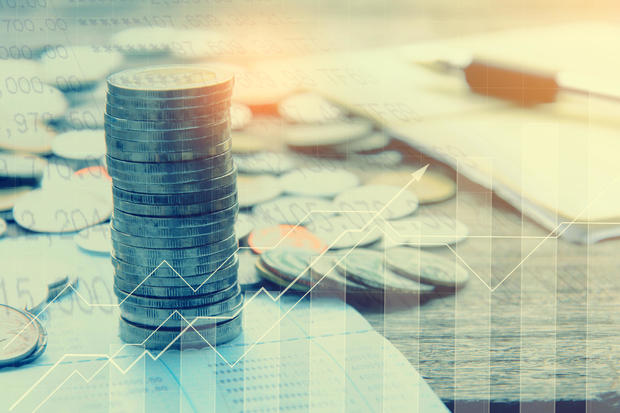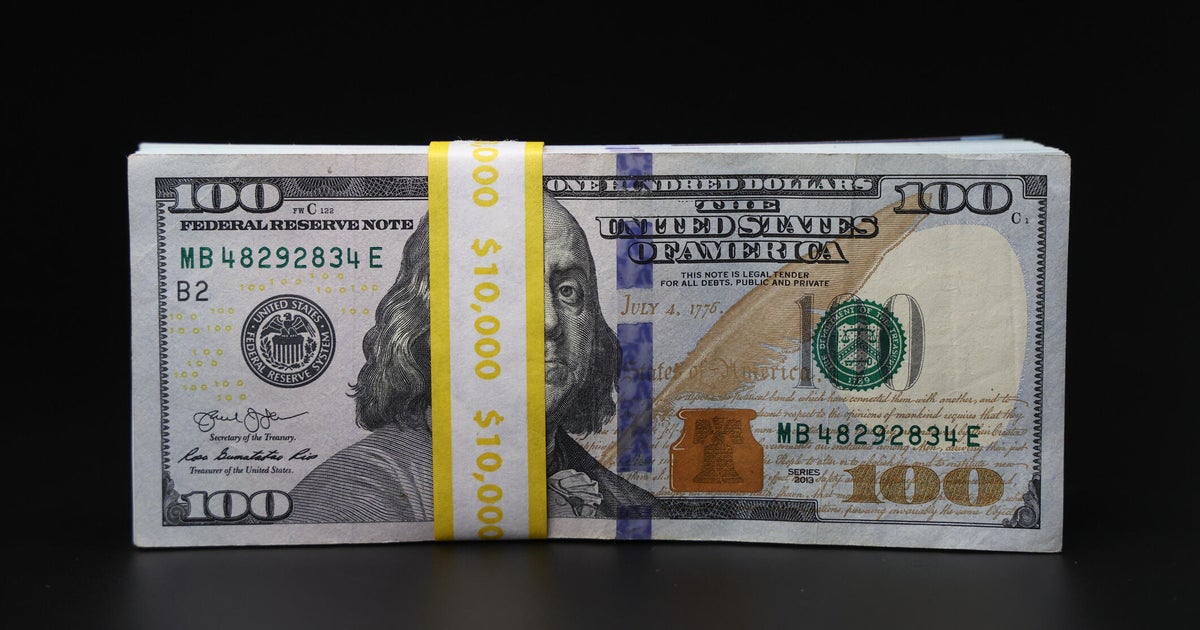How to pick the best CD account, according to experts
Certificate of deposit accounts — or CDs — are a kind of savings tool. They allow you to earn a fixed interest rate on your money as long as you leave it there for a set amount of time (usually between six months and five years).
In recent months, CD interest rates have been rising thanks to changes in Federal Reserve policy, among other factors.
"Rising interest rates and an unpredictable stock market have elevated the traditional bank CD from a sleepy savings tool to a savvy investment strategy," says John Blizzard, president and CEO of Seattle Bank. "There are one-year CDs earning as much as 5% today compared to 0.2% two years ago."
That 5% rate would earn you $250 on a $5,000 deposit in just one year's time. Are you interested in opening a CD? Check your CD options here now to see how much more you could be earning.
How to choose the best CD account, according to experts
There are many CD accounts to choose from. To make sure you choose the best one for your budget and goals, you should follow the following three steps:
1. Consider penalties
CDs are designed as a set-it-and-forget-it type of product. You deposit the money, leave it in the account for the predetermined amount of time and then take out the funds once that time period has passed.
However, emergency costs do come up, and there may be cases in which you need to access those funds earlier than planned. If this is the case, many CDs will charge you a hefty penalty — often three months to a year's worth of interest costs, in fact.
If you need to retain access to your money (maybe you're low on savings), you may want to look into no-penalty CD accounts — ones that don't have early withdrawal fees.
"It's generally advised to have three to six months' worth of expenses saved in a rainy day fund in case of an unexpected loss of income or emergency costs," says Ben McLaughlin, president of online savings platform SaveBetter. "Instead of letting this cash sit in a checking account where it won't bring in much additional income, savers can keep their emergency savings in a high-yield savings account or in a no-penalty CD, where savers can take their money out early without incurring fees and get a decent rate of return."
Just be warned: You'll typically get a "slightly" lower interest rate for accounts with no fees, McLaughlin says.
Explore your CD options here to find an account that's right for you.
2. Think about your timeline
You'll also need to think about your timeline for your investment. Are you looking to cash in on your interest soon? Maybe to buy a house or make some other major purchase? Or are you focused on a longer-term goal, like your child's college education?
Your timeline will determine what CD to buy — and specifically, what term to choose. Depending on your goals, you might also consider a CD "ladder."
"This is a method to secure the most attractive fixed interest rates over a time period of rising rates," McLaughlin says. "You begin with the amount you wish to invest and break it down into smaller amounts, then purchase multiple CDs at varying increments of time."
For example, if you had $10,000 to invest, you could break that into five $2,000 chunks, opening five different CDs with terms of one, two, three, four and five years.
3. Shop around
The final step is to compare banks. While you can certainly use your main bank for CDs (if they offer them), it's usually best to research a few other options to be sure you're getting the best deal.
"Shopping around is the best favor you can do for your future self," McLaughlin says. "The institution you normally bank with might not have the best possible rates. Twenty minutes of due diligence now can mean thousands of dollars more interest a few years down the road."
Blizzard recommends looking at both local and national banking institutions, as their rates and products can vary widely.
"Big banks dominate the advertising on online platforms," Blizzard says. "But the truth is that it's often the community banks and credit unions that are offering the best rates."
Start shopping for CD accounts here now or via the below table.
Looking ahead
CD rates have been on the rise lately, and if the Federal Reserve keeps increasing its benchmark rate, they could jump further as we get later into the year. This could make the laddering strategy even smarter, particularly if you have a solid amount of cash to invest.
If you're not sure if a CD is the right move for your investment goals, make sure to talk to a financial advisor or investing professional. They can help you make the right decision for your portfolio.




